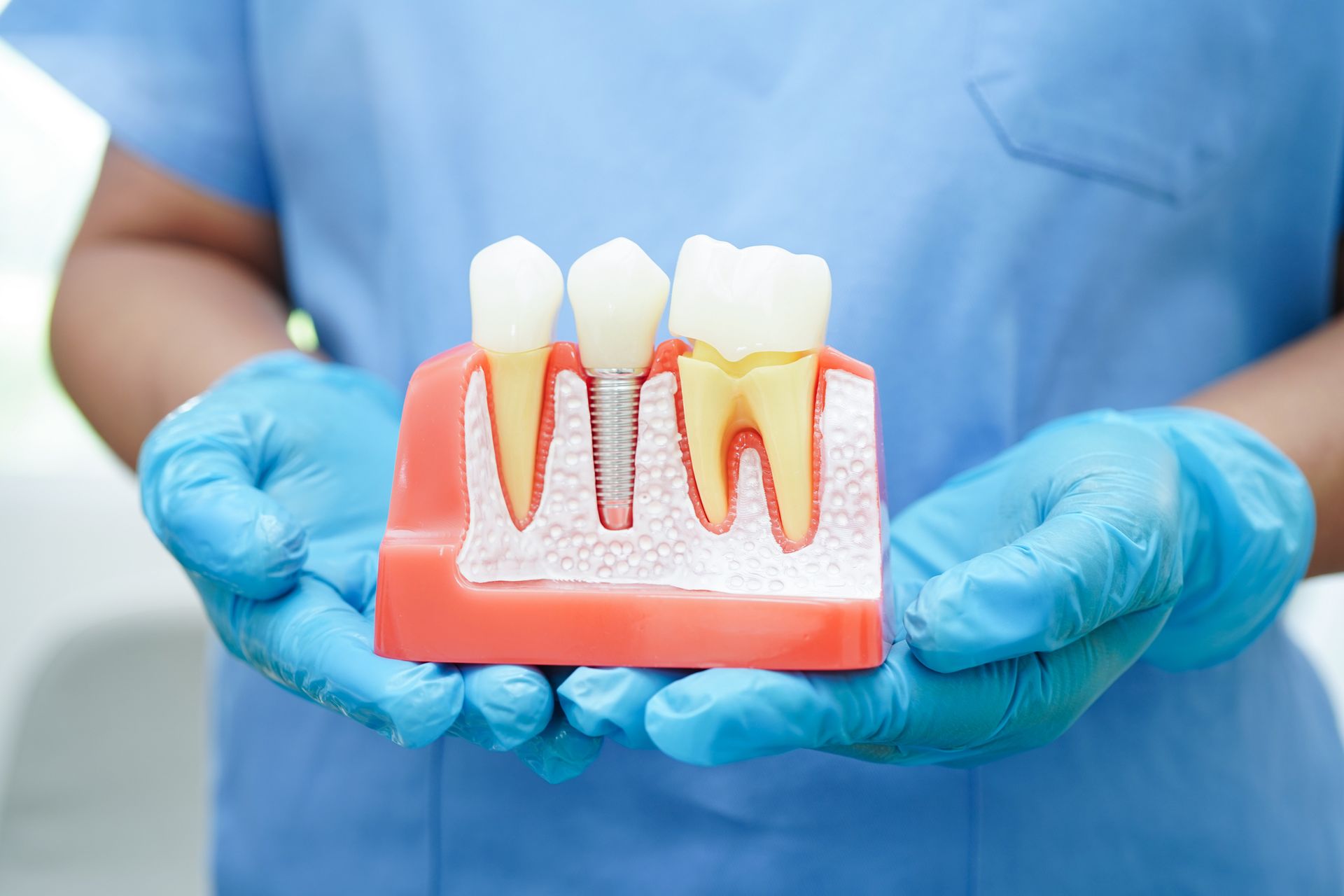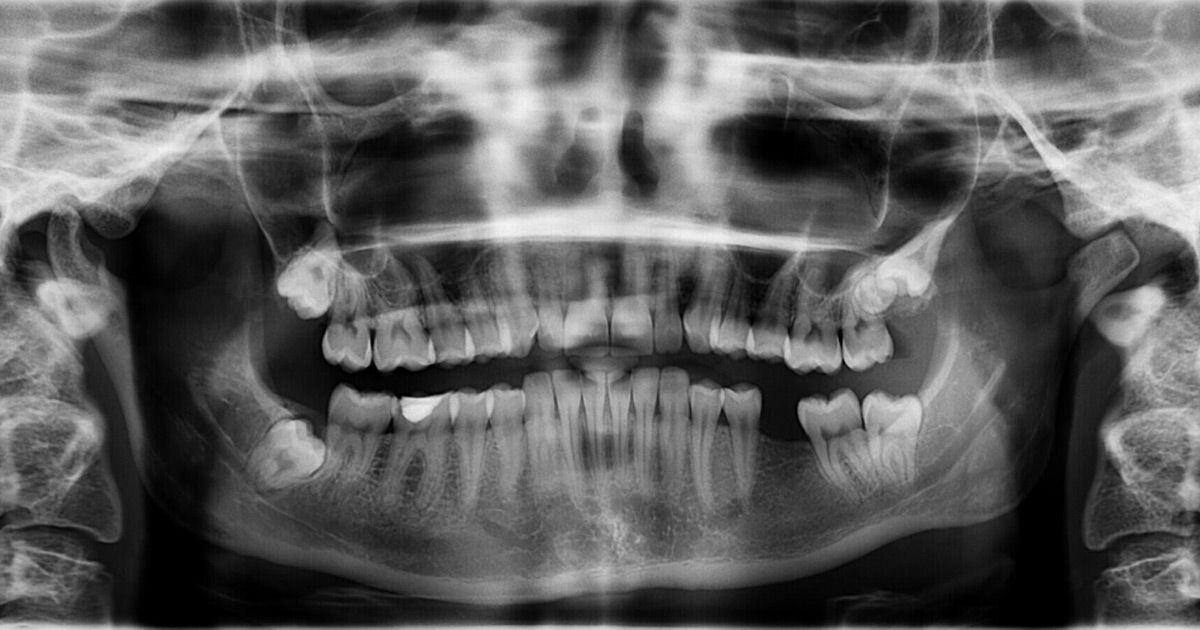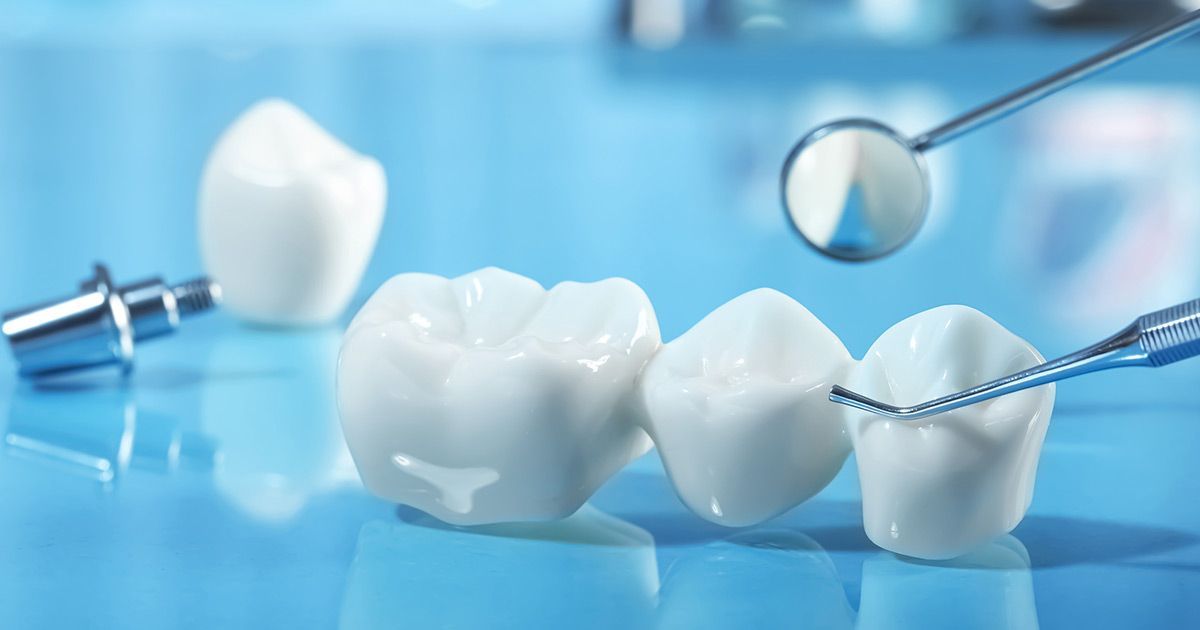Root Canals: 6 Common Signs You Need One
There are several instances where root canals make a lot of sense. Here's what a dentist in Sewell NJ wants you to understand.
Dentists use root canals to save decayed or infected teeth. The root, a.k.a. the pulp, contains blood vessels and nerves. A crack or large cavity makes a tooth vulnerable to bacteria.
An infection can lead to bone or tooth loss if bacteria enter the pulp. To save the tooth, a treatment plan usually includes a root canal.
How do you know if you need a root canal vs. a filling?
Although only your dentist can make an accurate diagnosis, you can watch for signs a root canal may be in your future. Take a minute and learn more about the clues your mouth gives when the situation has escalated from needing a routine filling to a root canal.
Persistent Tooth Pain
Spontaneous tooth pain is one of the primary signs that something is wrong with the root of your tooth. Root canal pain often causes pressure on the tooth and face when you bend or lay down.
When the pain doesn't go away and prevents you from drinking or eating, you need to make an appointment with your dentist. A dental exam is the only way to determine the cause of the ongoing pain.
If the dentist determines you have inflammation or an infection in the tooth's blood vessels or nerves, they may recommend a root canal.
In some, but not all, cases of tooth infection, your dentist may also prescribe
an antibiotic.
Sensitivity to Heat and Cold
Are your teeth sensitive to heat and cold? You may or may not need a root canal.
Here are three situations where tooth sensitivity almost assuredly means your dentist will advise a root canal as a treatment:
- Sensitivity remains long after eating or drinking
- Extreme sensitivity to heat and cold
- Sensitivity comes on suddenly
When tooth enamel wears down, it can trigger sensitivity. The enamel protects the dentin—the part of the tooth responsible for supporting the structure of tooth enamel.
Dentin also communicates with the nerves in your teeth. When hot or cold food or drinks stimulate the nerves, it can result in tooth sensitivity.
An infection inside the pulp can also cause extreme sensitivity. Many people ignore sensitivity without realizing that
tooth sensitivity typically progresses. Without treatment, you could end up in unbearable pain.
Are Your Gums Swollen?
Inflammation in the gums can cause swelling. Swollen gums aren't only painful; they often indicate infection at the tooth's root.
As the infection progresses, the swelling worsens. You'll feel it in your mouth and where your gums and jaw meet.
Be aware that inflammation can occur after brushing or flossing too hard. That type of inflammation settles down relatively quickly.
Inflammation caused by an infection results in tender, swollen gums. Touching the gums will hurt a bit, and the swelling won't go down.
It's not uncommon for a dental abscess to cause swollen gums.
An abscess is a pocket of pus that develops due to a bacterial infection. Your dentist will first drain the abscess. Next, they will determine whether they can save the tooth with a root canal.
Gum Discoloration and Infection
If you notice a tooth with a grey or black appearance, you likely have a dead tooth. Once a tooth dies, the pulp chamber decomposes. At that point, the tooth becomes bacteria-friendly and susceptible to infection.
The only way to treat infection in a dead tooth is by having a root canal.
If you've recently experienced physical trauma to your mouth, you may notice a tooth darkening. The discoloration is due to ruptured blood vessels in the pulp. Consider this a dental emergency and contact your dentist as soon as possible.
Cracked or Broken Teeth
A chipped tooth or even a knocked-out tooth may not need root canal treatment. If you get to the dentist and they act quickly, you may save the tooth. Dentists can apply bond onto a chipped tooth and often reattach a knocked-out tooth.
The pulp chamber may be exposed to saliva if a tooth is cracked open. It's a recipe for infection.
In the case of a cracked tooth, a root canal saves time. It also minimizes future pain. A root canal replaces the infected pulp chamber with a filling and, perhaps, a crown.
What about microscopic cracks?
Even though these tiny cracks are often difficult to detect, they can result in significant pain and discomfort. While you may not think a cracked tooth is a dental emergency, your dentist may want to perform a root canal as soon as possible.
Jaw Trauma and Root Canals
Whether you injure your jaw because of an accident, assault, or a sports injury, if you have an open wound, you run the risk of bacteria setting in and working their way up to the teeth.
Bacteria travel through blood vessels from the jaw to each tooth through the root and into the pulp chamber. An infection caused by jaw trauma may have an impact similar to when decay works down through your tooth and into the tooth's root.
Trauma to the jaw usually requires emergency medical treatment. Once you've healed, you should visit your dentist to evaluate your teeth further.
A root canal can often easily take care of this type of infection.
Schedule an Appointment With a Dentist in Sewell, NJ
A root canal may be the best treatment if you're experiencing tooth pain, sensitivity, swollen gums, discolored gums or teeth, a cracked tooth, or an infection due to jaw trauma.
In the past, most dental patients dreaded the thought of root canals because they took considerable time. They were also uncomfortable procedures.
Today, dental professionals at Sewell Dental Designs ensure a root canal is no more troublesome than a routine filling. Contact us today to book your next appointment.
Dr. Haddad
D.M.D
Dr. Haddad’s purpose at Sewell Dental Designs is to empower his patients so they can achieve and maintain excellent dental health and have a smile they are happy to show off. He decided on this path after receiving treatment from a competent and friendly dentist when he was a teen.
Dr. Haddad obtained his Bachelor of Science degree at George Mason University in Virginia and went on to earn his Doctor of Medicine in Dentistry degree (DMD) from Temple University Maurice H. Kornberg School of Dentistry.
Dr. Joanna
D.D.S
Dr. Joanna Haddad was born and raised in Lebanon and now resides in Philadelphia, PA. She speaks Arabic, French, and English fluently. Dr. Joanna earned her Doctorate of Dental Medicine from the University of Pennsylvania School of Dental Medicine, graduating with honors in Public Health. During her time in dental school, she was highly involved in various organizations and served as the Chapter President of the American Student Dental Association. She is also a proud member of the American Dental Association, American Association of Facial Esthetics and American student dental association.
Dr. Giesberg
D.D.S
Dr. Konstantina S. Giesberg, DDS, is a board-certified dentist anesthesiologist who has earned the privilege of becoming a Diplomate of the American Dental Board of Anesthesiology (DADBA).Dr. Giesberg obtained, with honors, her degree of Doctor of Dental Surgery (DDS) from the University of Buffalo, NY. She then completed her General Practice Residency in Dentistry at Wyckoff Heights Medical Center in Brooklyn, NY. Dr. Giesberg then furthered her studies at Wyckoff Heights Medical Center with a Specialty Program in Dental Anesthesiology, involving three years of concentration in deep sedation and general anesthesia.















